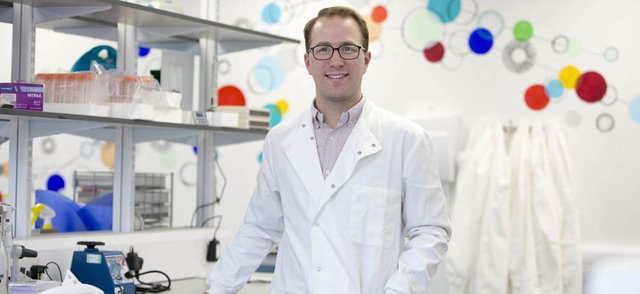31st July 2020
Innovate UK backs development of COVID-19 T cell test
Cardiff-based Indoor Biotechnologies has been awarded funding from Innovate UK to develop a COVID-19 test using T cells.

Identifying people who have already been infected with the virus and become immune could have huge benefits for enabling society to safely return to normality. Since the symptoms of COVID-19 can vary from person to person, and some people display no symptoms at all, reliable testing methods for prior infection and subsequent immunity are vital. One way of determining whether someone has been infected with the virus is by looking for specific antibodies in blood samples. Numerous antibody tests exist, but doubts remain about their reliability in determining whether a person has gained immunity.
Long-term protection against viruses comes not only from antibodies, but also from cells of the immune system including T cells, which play a critical role in controlling and eradicating viral infections.
The new test proposed by Indoor Biotechnologies Ltd focusses on T cells rather than antibodies. If successful, the Simple Cellular Immunity Test (SCIT) can identify the presence of T cells that respond to the virus which causes COVID-19 from a single tube of blood, within 24 hours.
Dr Martin Scurr, a post-doctorate researcher in the School of Medicine, Cardiff University, on secondment as project manager at Indoor Biotechnologies to set up the test, said: “The aim is to develop a T cell test that can be easily used by labs across the world, enabling mass testing of COVID-19 T cell immunity to be performed.”
This approach has the potential to be more sensitive and more reliable at determining immunity than antibody testing. To verify this, it will be tested on people who have already had the virus and those that have developed antibodies.
Professor Andrew Godkin, also from the School of Medicine, Cardiff University, said: “We are delighted to be teaming up with Indoor Biotechnologies on this project. Coupled with the range of work being done here at Cardiff University and the University Hospital of Wales, it will help us understand how the immune system sees this virus, and hopefully enable us to understand what a protective immune response looks like.”
The test may also be valuable during vaccine development to help identify whether an adequate immune response has been generated to protect people from COVID-19, and for testing how long that immune response remains.
Dr James Hindley, executive director of Indoor Biotechnologies, said: “We are delighted to have been awarded funding to develop this unique product which may help in the fight against this pandemic.”